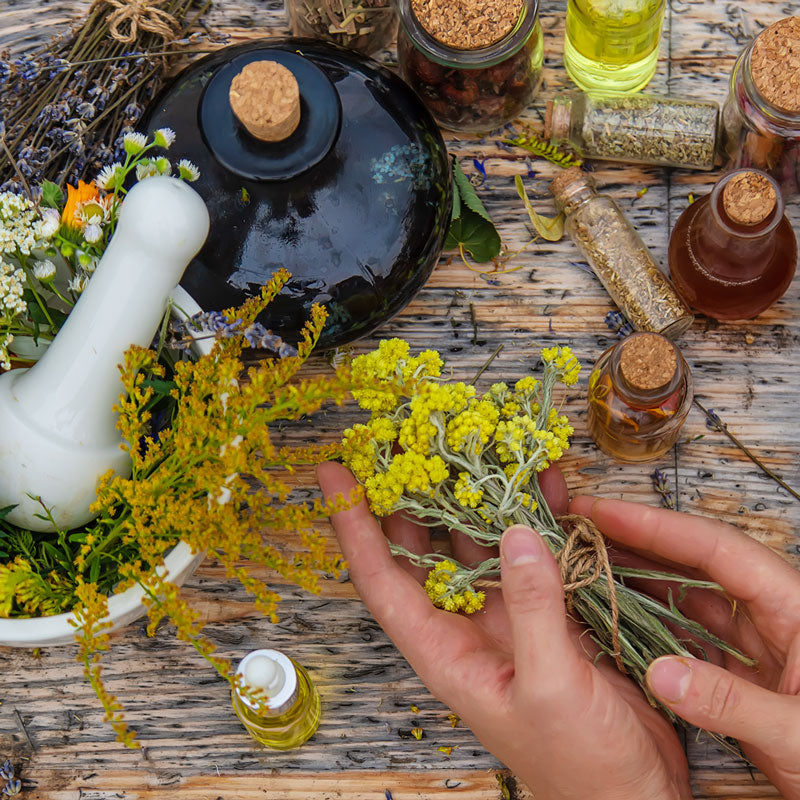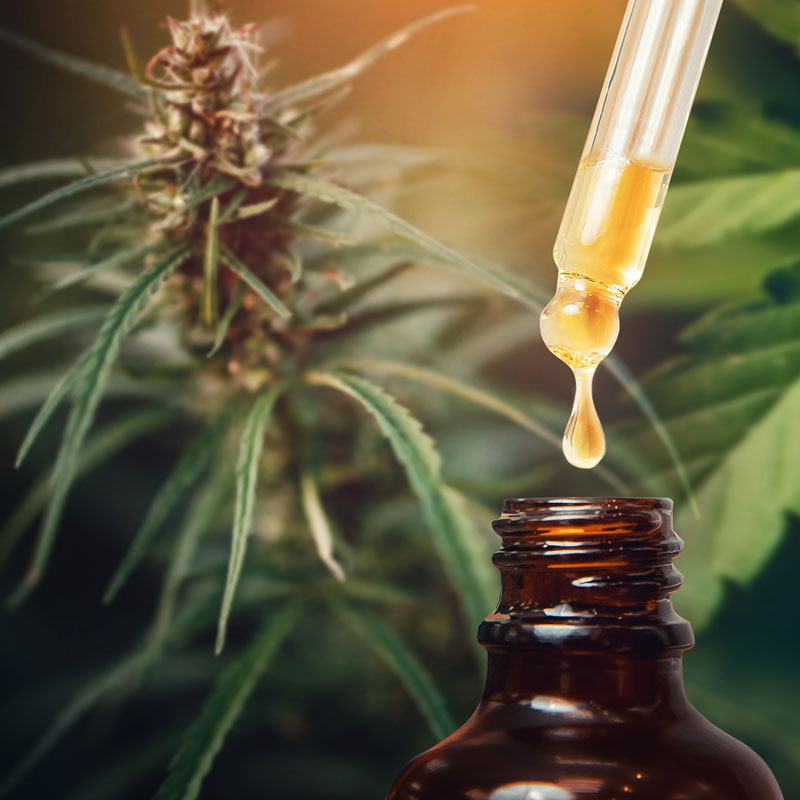Homemade Ginger Tincture and Extract Recipe using Food Grade Ethanol

Ginger is a versatile and aromatic root widely used in culinary applications and botanical preparations. Making a homemade ginger tincture allows you to extract and preserve its natural plant compounds in a convenient liquid form. This guide outlines how to craft a high-quality ginger tincture using 200 Proof Food Grade Ethanol for optimal extraction.
What is Ginger?
Ginger (Zingiber officinale) is a flowering plant from the Zingiberaceae family, recognized for its knobby rhizome that delivers a warm, spicy aroma. It has been widely used in culinary traditions, herbal infusions, and botanical formulations.
Where is Ginger Grown?
Ginger is native to Southeast Asia, where it thrives in warm, humid climates with well-drained soil. Today, it is cultivated in India, China, Nigeria, Indonesia, and Jamaica, where it is widely used in food, beverages, and herbal blends.
Sourcing and Selecting Quality Ginger
For the best tincture results, source organic, fresh ginger rhizomes from reputable farmers’ markets, grocery stores, or specialty spice suppliers. Choose firm, plump ginger with smooth skin and a strong, spicy aroma. Avoid ginger that is soft, moldy, or dried out, as these signs indicate diminished quality.
Preparing Ginger for Tincture
- Ensure the rhizome is clean and free from dirt or debris.
- Peel the skin using a spoon or knife to expose the fresh root.
- Thinly slice or grate the ginger to improve extraction efficiency.
Best Practices for Storing Your Ginger Tincture
Store your tincture in a dark glass bottle, away from heat and direct sunlight, to maintain its quality. When properly stored, the tincture can remain effective for up to two years.
Ways to Use Ginger Tincture
Culinary Applications
- Flavor Enhancements: Ginger tincture can be added to teas, cocktails, or syrups for a bold, spicy flavor.
- Infused Recipes: Use a few drops in marinades, dressings, or baked goods for a concentrated ginger essence.
Crafting & Botanical Uses
- Natural Perfumery: Ginger’s warm, citrusy aroma makes it a great addition to homemade fragrances.
- Herbal Blends: Commonly included in botanical tinctures and essential oil mixes.
Final Thoughts on Crafting a Ginger Tincture
Making a ginger tincture at home is an excellent way to explore its culinary and botanical versatility. Using 200 Proof Food Grade Ethanol ensures a high-quality extraction, free from unwanted additives. Whether for enhancing recipes, crafting herbal infusions, or creating aromatic blends, ginger tincture is a valuable addition to any home apothecary.

Disclaimer: This content is for informational and educational purposes only. Consult a professional before using tinctures for any specific application. Individual reactions may vary.










